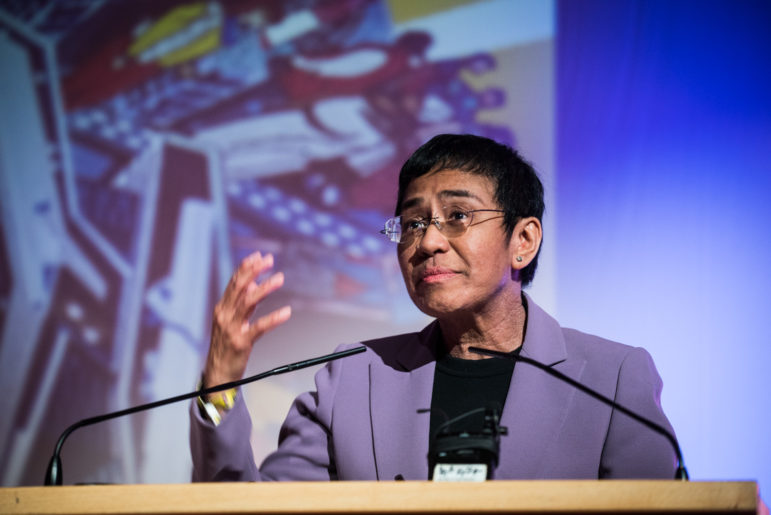
Editor's Picks News & Analysis Reporting Tools & Tips
GIJN’s Top Investigative Tools of 2024
In 2024, new and innovative digital tools provided leads and evidence for accountability stories on every continent.

In 2024, new and innovative digital tools provided leads and evidence for accountability stories on every continent.

Featuring a showcase of game-changing reporting methods based on insider tips from real-world investigations and conference presentations.

GIJN talks to our African member organizations about their challenges and successes — and the state of Investigative journalism on the continent.

A recent investigation by Grist, a nonprofit independent media outlet, dug into federal datasets to uncover the extent of state trust lands on Indigenous reservations across the US.

Sevgil Musaieva on the challenges of reporting during war and the dilemma facing journalists who want to fight for their country.

Investigative documentaries on AI, political polarization, social injustice, private armies, and the tragic fallout of climate change in Africa.

The 2024 Latin American Conference of Investigative Journalism (COLPIN) brought together journalists from Latin America, Europe, and Africa.

This October and November, GIJN member representatives will vote to elect three regional representatives and four at-large directors for the 15-person Board of Directors.

The founder of IStories talks about moving his entire newsroom abroad for security reasons and the challenges of reporting on Putin’s regime from outside the country.

A data investigation looked into the lack of transparency in Brazilian elections that allows candidates wanted for crimes to run for office without public knowledge.

An overview of the many creative or unconventional formats for telling investigative stories — and how to leverage curiosity to overcome news avoidance.

The exiled Nicaraguan journalist and editor Carlos F. Chamorro explains the critical need to promote and support journalists who are forced to leave their homelands because of their reporting.

Three investigations into food systems show how investigative journalists can capitalize on the huge interest in food — and food-related content — to make their reporting more impactful.

These organizations are developing AI tools and resources that can be used to tackle misinformation, improve data reporting, and help with the storytelling process.

New members include organizations doing crucial watchdog work in areas from deforestation to African data journalism capacity to the exploitation of child migrants.

Most reporters still rely on individual coping strategies, leaving them to face systemic challenges alone, says writer and researcher Belle de Jong.

Nominations are open for three regional representatives, and for four at-large director positions on the board.

Celebrating filmmakers who use original sources and investigative techniques to tell hidden stories, here are the shortlisted documentaries for the DIG Awards this year.

In this story, an academic researcher recounts his team’s investigation, published in the journal Science, that looked into the accuracy of models measuring the health of fisheries.

A blockbuster Rolling Stone investigation discovered the extent of key official posts in swing state local election systems that have been filled by conspiracy theorists.

The annual IJ4EU Impact Award honors the best in cross-border investigative journalism in Europe. This shortlist for 2024 recognizes 10 outstanding works of collaborative reporting.

Clothilde Redfern, executive director of Reporters Shield, details the group’s efforts to help investigative outlets combat SLAPPs and legal harassment.


Featuring titles that address historic wrongdoing, unpack corporate secrets, and reveal misconduct that the powerful would rather remain hidden.

Investigative journalism in Ethiopia — Africa’s second most populous country — currently faces a series of severe challenges.

GIJN spoke with the northern Gaza-based journalist about how he has managed to survive and work as a watchdog reporter under harrowing, life-threatening conditions.

Nobel Prize laureate and Rappler co-founder Maria Ressa on her site’s new Communities venture and making bold moves in countering Big Tech.

GIJN spoke to Jordy Meléndez of the Latam Network for Young Journalists about how his organization trains reporters to work on collaborative investigative projects.